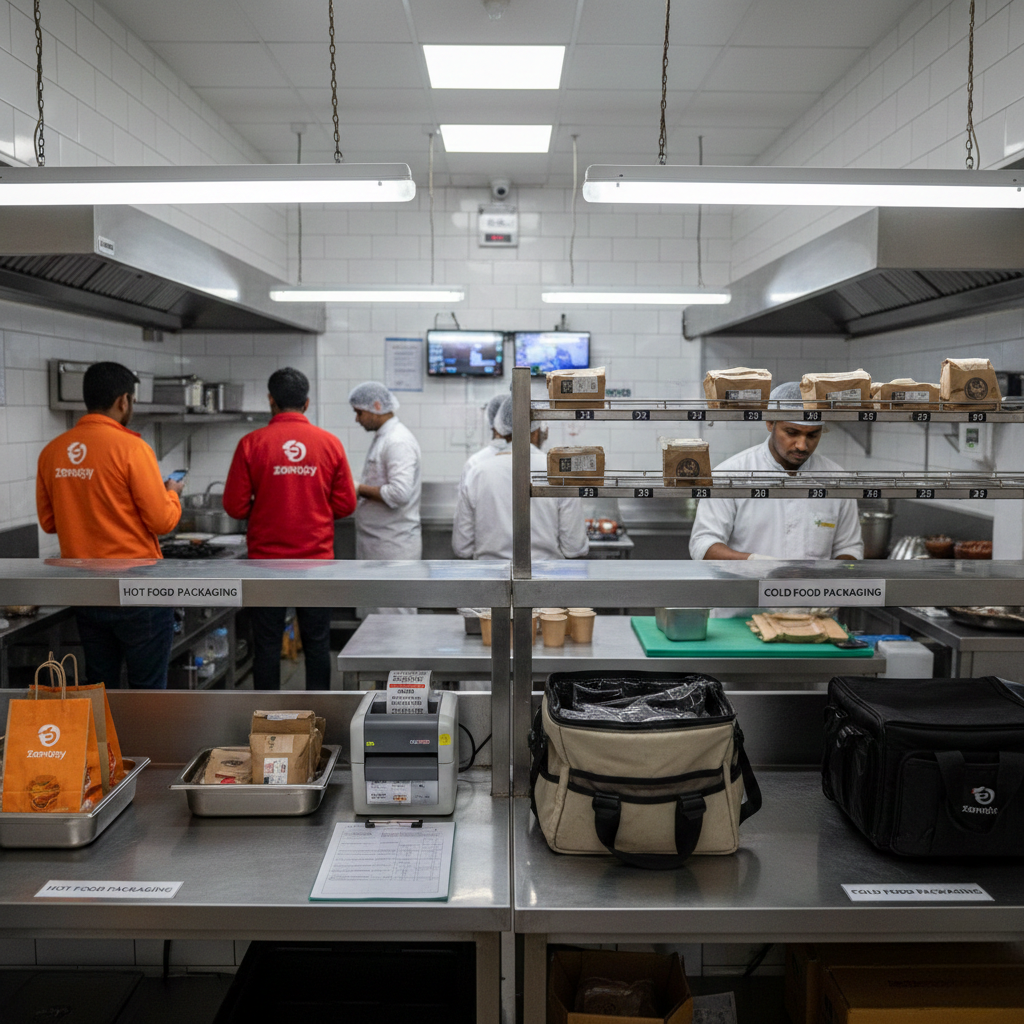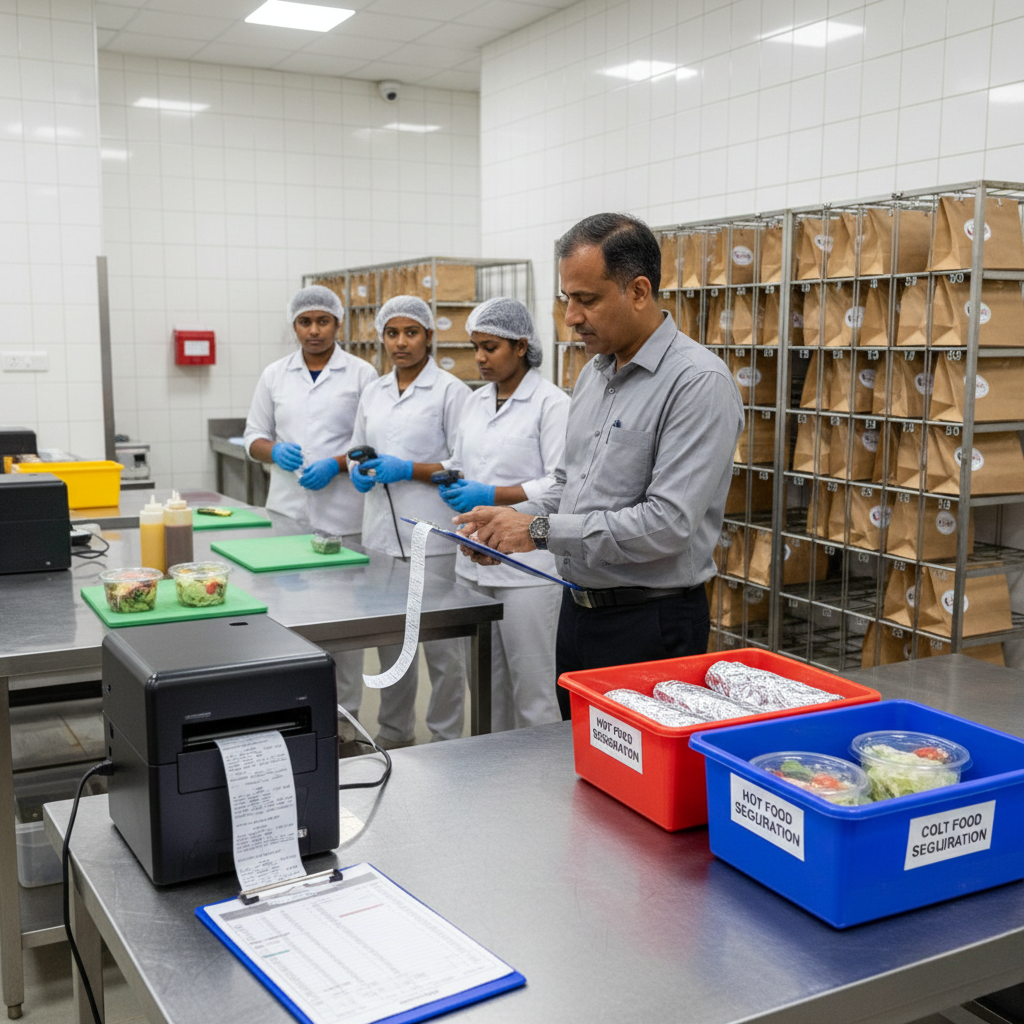In today’s fast-paced and competitive market, food businesses are continuously striving to implement effective Food Business Growth Strategies to nurture expansion and maintain a competitive edge. With the ever-changing landscape of consumer preferences, technological advancements, and market trends, achieving sustainable growth demands a strategic mindset and a penchant for innovation. At Grow Kitchen, we grasp the hurdles food entrepreneurs encounter and are dedicated to offering practical guidance and tactics to propel your business towards unprecedented success.

Understanding Market Dynamics
To achieve sustainable growth, it’s imperative to first understand the market dynamics shaping the food industry. Conducting thorough market research enables businesses to identify emerging trends, consumer preferences, and potential opportunities. By analyzing market data, businesses can make informed decisions regarding product development, marketing strategies, and expansion plans.
Leveraging Digital Marketing Channels
In today’s digital age, online presence is crucial for food businesses looking to expand their reach and attract new customers. Leveraging digital marketing channels such as social media, email marketing, and search engine optimization (SEO) can significantly enhance visibility and customer engagement. Crafting compelling content, running targeted ad campaigns, and optimizing website content for relevant keywords are key strategies for maximizing online visibility and driving traffic to your food business.

Enhancing Product Innovation
Innovation is the cornerstone of growth for food businesses. By continuously innovating and diversifying product offerings, businesses can cater to evolving consumer tastes and preferences. Whether it’s introducing new flavors, incorporating health-conscious ingredients, or embracing sustainable practices, product innovation plays a pivotal role in attracting and retaining customers.
Read More : Building a Food Business Brand: Essential Strategies for Success
The Best Franchise Business Models for Long-Term Success
Cultivating Brand Loyalty
Building a loyal customer base is essential for long-term business success. Cultivating brand loyalty involves delivering exceptional customer experiences, fostering trust, and maintaining consistent quality across products and services. Implementing loyalty programs, offering personalized promotions, and actively engaging with customers through social media and other channels can help strengthen brand loyalty and encourage repeat purchases.
Expanding Distribution Channels
Expanding distribution channels is key to reaching new markets and maximizing business growth. Whether it’s partnering with wholesale distributors, exploring e-commerce platforms, or establishing brick-and-mortar locations, diversifying sales channels enables food businesses to tap into new customer segments and increase market penetration.
Investing in Staff Training and Development
A well-trained and motivated workforce is essential for delivering exceptional customer service and maintaining operational excellence. Investing in staff training and development programs not only enhances employee skills and productivity but also fosters a positive work culture and employee retention. Empowering employees to excel in their roles and providing opportunities for growth and advancement can significantly contribute to business success.
Embracing Sustainability Practices
As consumer awareness regarding sustainability continues to grow, food businesses must prioritize environmental responsibility and ethical sourcing practices. Embracing sustainable practices such as waste reduction, energy efficiency, and ethical sourcing not only benefits the environment but also resonates with socially conscious consumers. By aligning with sustainable values, food businesses can differentiate themselves in the market and attract environmentally conscious customers.
Conclusion
Achieving sustainable growth in the food industry requires a multifaceted approach that encompasses market research, digital marketing, product innovation, brand loyalty, distribution expansion, staff training, and sustainability practices. By implementing these strategies and staying attuned to market trends, food businesses can position themselves for long-term success and business growth in an increasingly competitive landscape.




